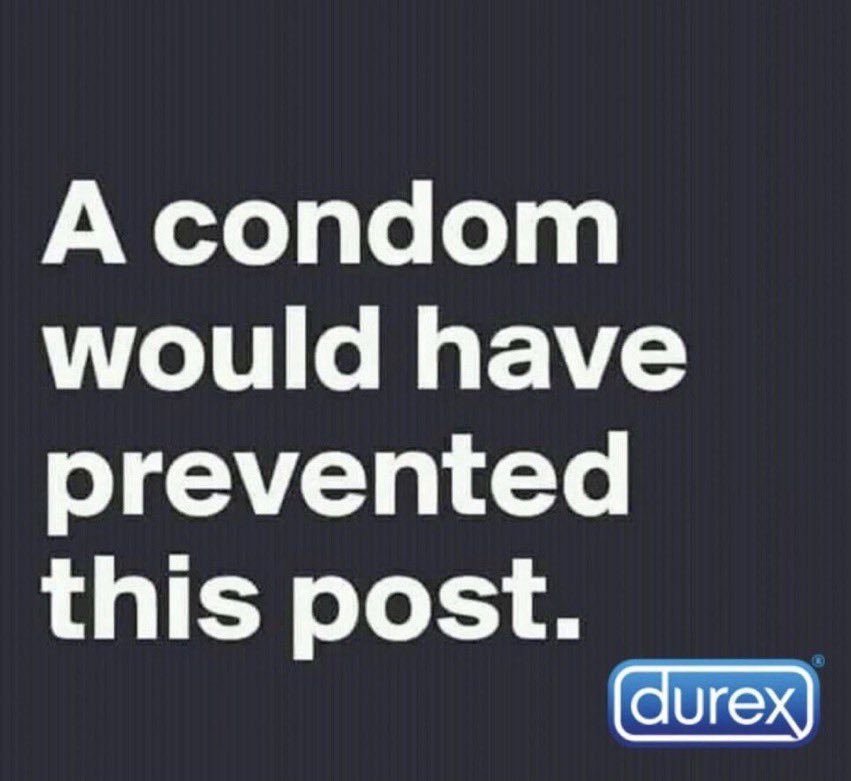Jered Little Obituary, Death Cause – The Arlington community is currently enveloped in a cloud of profound sadness and collective grief following the heartbreaking news of the passing of United States Army Colonel Jered Little. The somber revelation of his reported suicide has sent shockwaves not only through military circles but also resonated deeply within the civilian community. As Arlington grapples with this tragedy, it prompts a critical examination of the challenges faced by service members and underscores the pressing need to address mental health issues within the armed forces.
Colonel Jered Little was not just a military officer; he was a dedicated and honorable servant of his country. His career was marked by unwavering commitment, exemplary leadership, and a sense of duty that extended far beyond the call of duty. As news of his passing circulates, tributes from fellow soldiers, friends, and community members attest to the impact he had on those around him. Colonel Little’s tragic death brings to light the immense challenges that service members often confront, both on and off the battlefield. The demanding nature of military service, coupled with the stressors associated with deployments, can take a toll on mental health. Many military personnel endure prolonged separations from loved ones, exposure to traumatic experiences, and the pressure to maintain peak performance under challenging conditions. These factors, among others, contribute to the elevated risk of mental health issues among service members.
Despite increased efforts to promote mental health awareness, a lingering stigma surrounding mental health issues persists within the military. The prevailing culture often emphasizes resilience and toughness, inadvertently discouraging individuals from seeking help when they need it most. This reluctance to address mental health concerns can have severe consequences, as exemplified by Colonel Little’s tragic end. Colonel Jered Little’s passing is not an isolated incident but rather a poignant reminder of the broader mental health challenges faced by the military community. As Arlington mourns the loss of a respected member of its community, it is crucial to use this moment as a catalyst for change. The military and civilian spheres must come together to destigmatize mental health issues, foster a culture of openness, and prioritize the well-being of those who dedicate their lives to serving the nation.
To address the mental health crisis within the armed forces, increased investment in mental health support services is imperative. This includes expanding access to counseling, therapy, and other resources that can assist service members in coping with the unique challenges they face. Moreover, initiatives to raise awareness and educate both military personnel and the general public about mental health issues must be prioritized.
Leaders within the military must actively champion a shift in culture that normalizes discussions around mental health. By leading from the front and sharing personal experiences, commanders can create an environment where seeking help is not viewed as a sign of weakness but as a proactive step toward resilience and well-being. Promoting a culture of empathy and understanding is crucial to dismantling the barriers that prevent individuals from reaching out for support.
The passing of United States Army Colonel Jered Little has cast a somber shadow over the Arlington community, prompting deep reflection on the mental health challenges faced by service members. This tragic event serves as a poignant reminder that addressing mental health issues within the armed forces is an urgent and collective responsibility. By fostering a culture of support, understanding, and open dialogue, both military and civilian communities can work together to ensure that no more lives are lost to the silent battles fought within the minds of those who bravely serve our nation.
Posted in:
Obituary

 www.sorryantivaxxer.com
www.sorryantivaxxer.com










